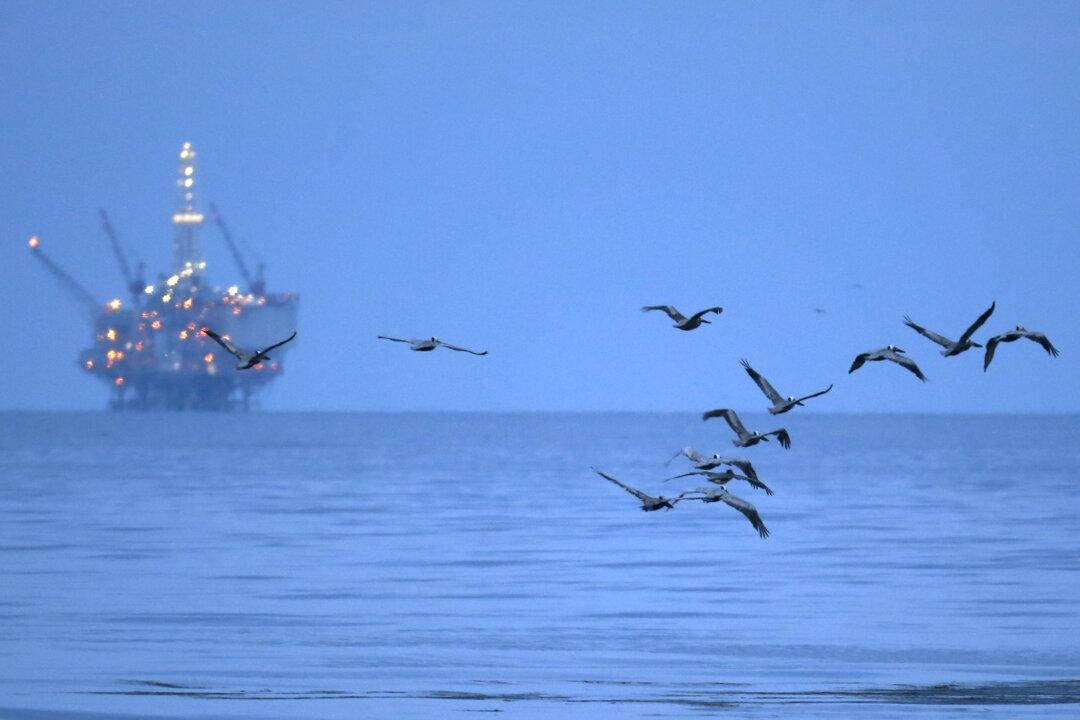A California jury on Friday found the Houston-based Plains All American Pipeline company guilty on criminal charges of fouling state waters and harming wildlife in a major oil spill three years ago along the Pacific shoreline near Santa Barbara.
The verdict closed a chapter in the state’s bid to hold Plains All American criminally responsible for an oil spill that ranked as the largest in more than four decades to hit the energy-rich but ecologically sensitive coast northwest of Los Angeles.





